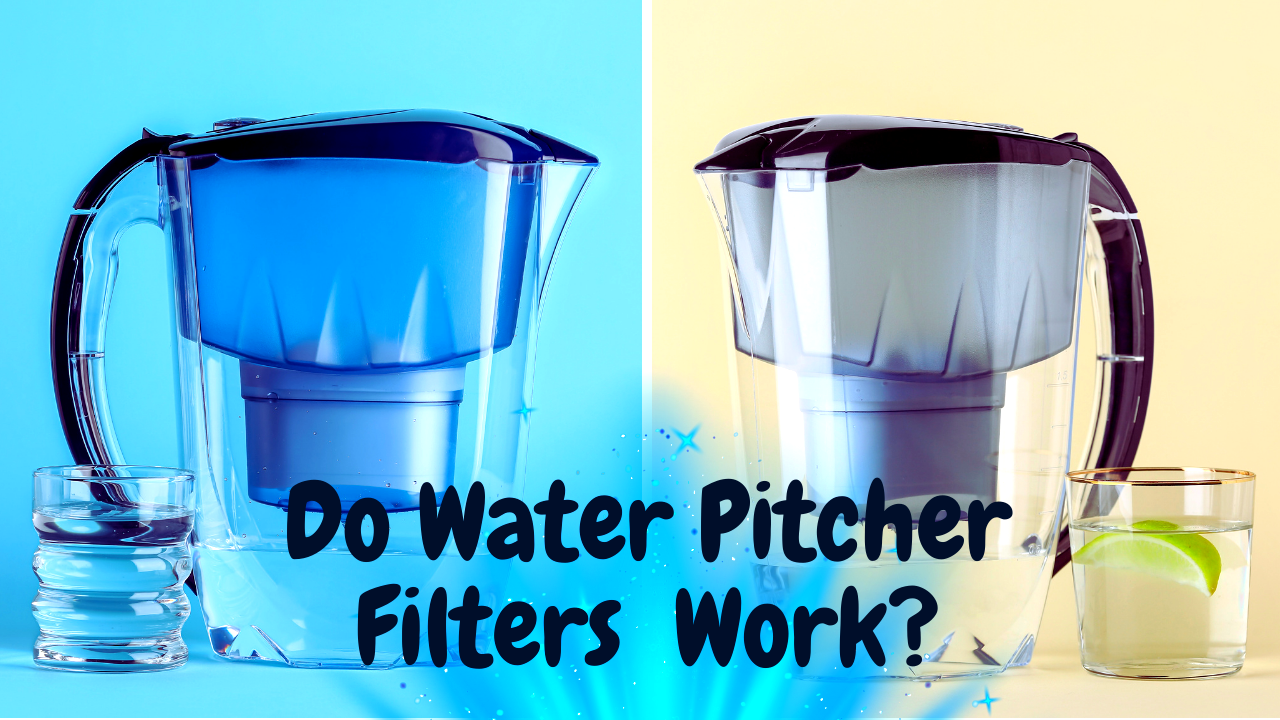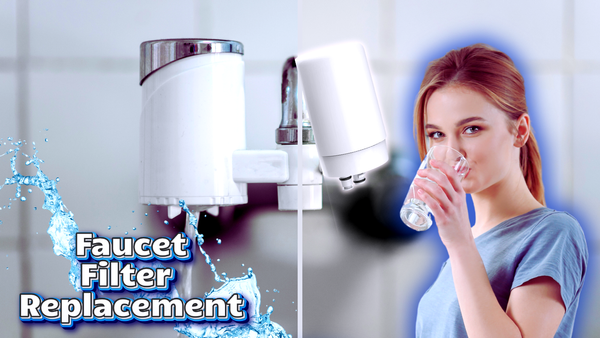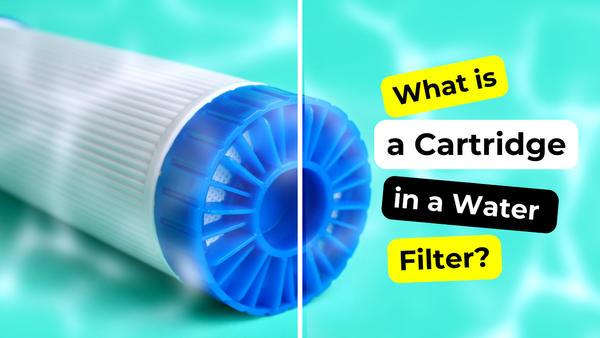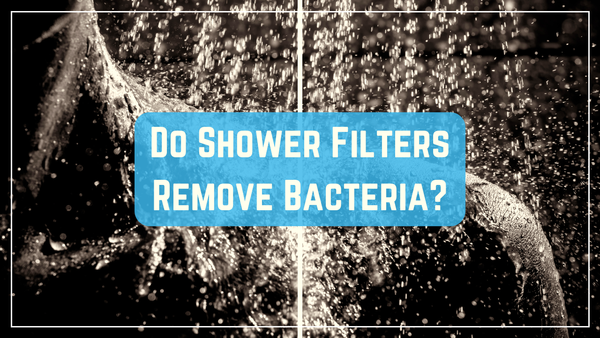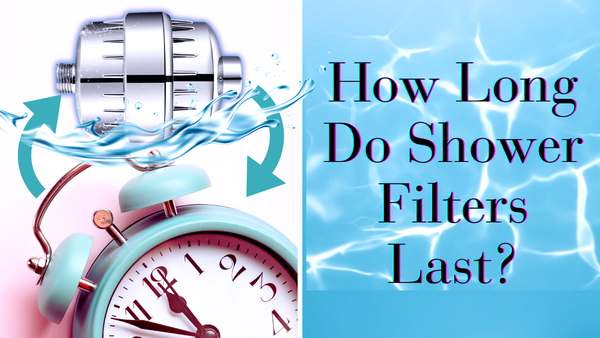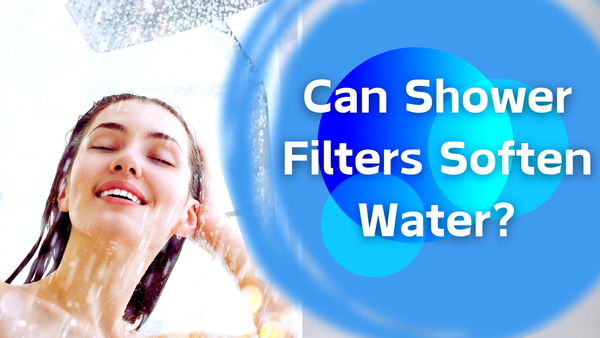Key Takeaways:
- Water pitcher filters can significantly improve the taste and quality of tap water by removing various contaminants.
- Different water filter pitchers use various filtration technologies, such as activated carbon and ion exchange, to target specific impurities.
- Regular maintenance and timely replacement of filters are crucial for ensuring optimal performance and water quality.
Water pitcher filters have become a popular choice for many households seeking to improve the quality of their drinking water. But do water pitcher filters work? This article delves into the effectiveness of water filter pitchers, exploring their benefits, limitations, and the science behind their filtration systems.

Understanding Water Pitcher Filters
Water filter pitchers pass tap water through a filter cartridge containing activated carbon and other filters. Activated carbon attracts and traps impurities, while other filters may target specific impurities. The filtered water is then collected in the pitcher for drinking.
How Water Pitcher Filters Work
Various types of water filter pitchers are available, each with its own features and filtration capabilities. Some popular brands include Brita, ZeroWater, and PUR. These pitchers may use different combinations of activated carbon, ion exchange resins, and other filtration technologies to achieve their desired results. When selecting the best water filter pitcher, consider its effectiveness in removing contaminants and improving taste.
The Role of Activated Carbon
Activated carbon is a key component in most water filter pitchers. It works by adsorbing impurities, meaning that contaminants stick to the surface of the carbon particles. This process effectively removes chlorine, volatile organic compounds (VOCs), and other contaminants that can affect the taste and safety of drinking water.
Types of Water Pitcher Filters
Various types of water filter pitchers are available, each with features and filtration capabilities. Some popular brands include Brita, ZeroWater, and PUR. These pitchers may use combinations of activated carbon, ion exchange resins, and other filtration technologies to achieve their desired results. When selecting the best water filter pitcher, consider its effectiveness in removing contaminants and improving taste.
Benefits of Using Water Pitcher Filters
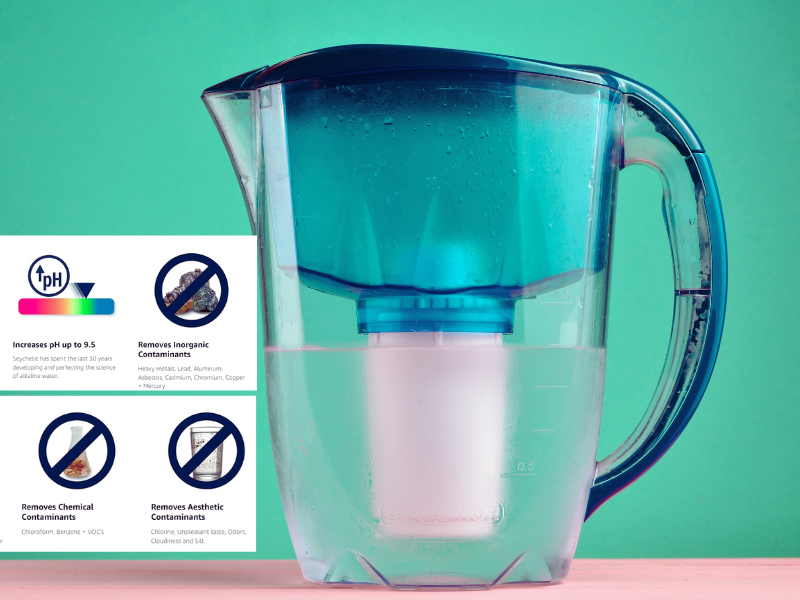
One of the main benefits of using a water pitcher filter is the improvement in water taste and odor. By removing chlorine and other contaminants, these filters can make tap water more palatable. Additionally, water filter pitchers can reduce the presence of harmful substances such as lead, making the water safer to drink.
Limitations of Water Pitcher Filters
While water pitcher filters can effectively remove many contaminants, they are not a catch-all solution. Some filters may not remove certain contaminants, such as bacteria or viruses. It's important to understand your chosen filter's capabilities and consider additional filtration methods if necessary.
Comparing Water Pitcher Filters to Other Filtration Systems
Water filters are just one option among many water treatment systems, including reverse osmosis, ultrafiltration systems, and activated carbon filters. Other methods include whole-house filtration systems and under-sink filters. Each system has its advantages and disadvantages, and the best choice depends on your specific needs and water.
The Importance of Filter Replacement
To maintain the effectiveness of a water pitcher filter, it's crucial to replace the filter cartridge regularly. Most manufacturers provide guidelines on how often to replace the filter, typically every two to three months. Regular replacement ensures that the filter continues to remove contaminants effectively.
Evaluating Water Quality
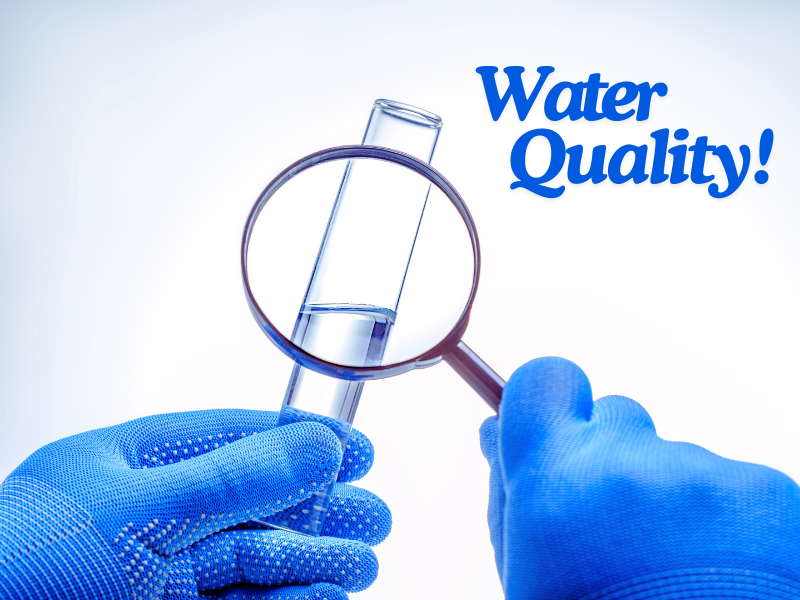
Before choosing a water filter pitcher, it's helpful to evaluate the quality of your tap water. You can obtain a water quality report from your local water supplier or use a home testing kit to identify specific contaminants. This information can guide you in selecting a filter that targets the impurities present in your water supply.
NSF Certification
When selecting a water filter pitcher, look for NSF certification. The NSF (National Sanitation Foundation) certifies products that meet strict standards for safety and performance. An NSF-certified filter has been tested and proven to effectively remove specific contaminants, providing peace of mind for consumers.
Popular Water Filter Pitcher Brands
Several brands dominate the water filter pitcher market, each offering unique features and benefits. Brita is one of the most well-known brands, offering a range of pitchers with activated carbon filters. ZeroWater is another popular choice, known for its five-stage filtration system that removes total dissolved solids (TDS).
Brita Filters
Brita filters use activated carbon and ion exchange resins to remove chlorine, lead, and other contaminants. The standard Brita filter effectively improves water taste and reduces harmful substances. Brita pitchers are available in various sizes and styles, making them a versatile option for many households.
ZeroWater Filters
ZeroWater filters are known for their comprehensive filtration system, which includes five stages of filtration. These filters remove many contaminants, including lead, chlorine, and TDS. ZeroWater pitchers come with a TDS meter, allowing users to monitor the quality of their filtered water.
PUR Filters
PUR filters use a combination of activated carbon and ion exchange to remove contaminants such as chlorine, lead, and mercury. PUR pitchers are designed to improve water taste and safety, and they come in various sizes to suit different household needs.
The Science of Activated Carbon Filtration
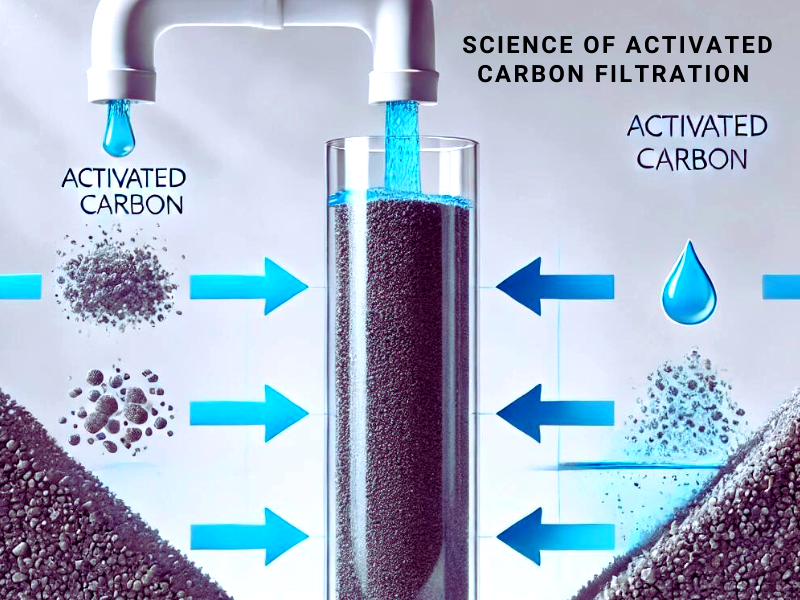
Activated carbon filtration is cool and important in water filter pitchers. Activated carbon is carbon that’s been treated to have tiny, low-volume pores that increase the surface area for adsorption. When tap water goes through the activated carbon filter, chlorine, organic compounds, and other impurities get attracted and trapped in those pores. This makes the water taste and smell better and safer to drink.
Most water filter pitchers, including Brita filters and ZeroWater filters, use activated carbon filtration to remove contaminants. Activated carbon filters are great at removing chlorine and other chemicals that affect water taste and odor. But note that while activated carbon is good at removing some contaminants, it’s not as good at removing heavy metals or bacteria. Some water filter pitchers have additional filtration methods like ion exchange or reverse osmosis to remove a wider range of impurities.
Comparing Water Filter Pitchers to Bottled Water
When choosing the best filtration options, you should compare water filter pitchers to bottled water. Water filter pitchers are a convenient and affordable way to improve water quality at home. Bottled water is expensive and bad for the environment because of plastic waste. Water filter pitchers are a sustainable alternative. By using a water pitcher filter, you can reduce the use of your single-use plastic bottles and get fresh filtered water straight from your tap.
Plus, water filter pitchers like Brita and ZeroWater remove a wide range of contaminants, including chlorine, lead, and other impurities. So, your drinking water is not only safe but also tastes better. Bottled water quality varies and may not always be as pure as advertised. The cost of replacement filters for water filter pitchers is lower than the ongoing cost of buying bottled water. By investing in a good water filter pitcher, you can have clean, great-tasting water and a healthier planet.
Ion Exchange Filtration
Ion exchange filtration is another common method used in water filter pitchers. This process involves exchanging harmful ions, such as lead or mercury, with harmless ions, like sodium or potassium. Ion exchange resins are often combined with activated carbon to enhance the overall filtration performance.
Removing Chlorine and Other Contaminants
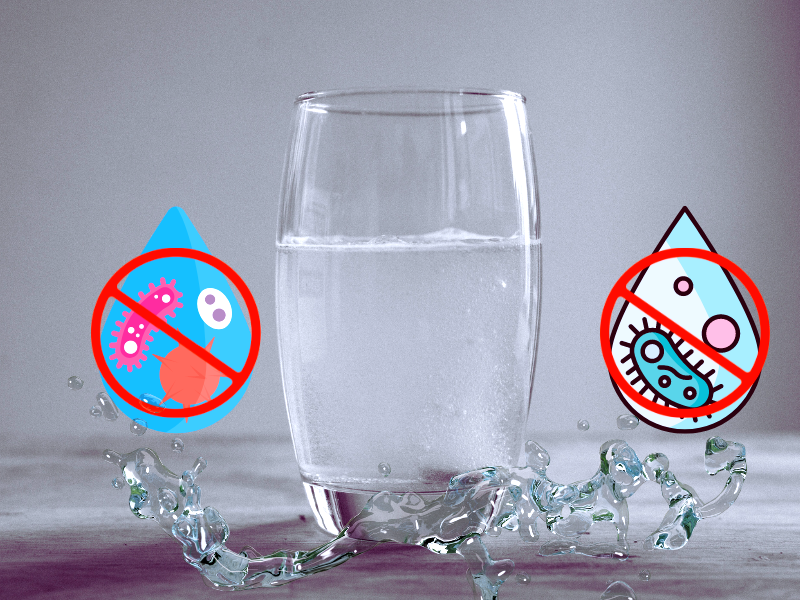
Chlorine is commonly used to disinfect tap water, but it can affect the taste and odor of drinking water. Water pitcher filters effectively remove chlorine, resulting in better-tasting water. Additionally, these filters can remove other contaminants such as lead, mercury, and VOCs, improving overall water quality.
Addressing Specific Contaminants
Different water filter pitchers are designed to target specific contaminants. For example, some filters are particularly effective at removing lead, while others may focus on reducing chlorine or TDS. Understanding the specific contaminants in your water supply can help you choose the right filter.
The Impact on Water Taste and Odor
One of the most noticeable benefits of using a water pitcher filter is improving water taste and odor. By removing chlorine and other impurities, these filters can make tap water more enjoyable to drink. This can encourage increased water consumption, promoting better hydration and overall health.
Cost-Effectiveness of Water Pitcher Filters
Water pitcher filters are a cost-effective solution for improving water quality. Compared to bottled water or more complex filtration systems, pitcher filters are relatively affordable and easy to maintain. Regular filter replacement is the primary ongoing cost, making them an economical choice for many households.
Environmental Benefits

Using a water pitcher filter can also have environmental benefits. By reducing the need for bottled water, these filters help decrease plastic waste and the environmental impact associated with bottled water production and transportation. This makes water pitcher filters a more sustainable option for clean drinking water.
Maintenance and Care
Proper maintenance and care are essential for ensuring the effectiveness of a water pitcher filter. This includes regular cleaning of the pitcher and timely replacement of the filter cartridge. Following the manufacturer's maintenance guidelines can help extend the life of the filter and maintain optimal water quality.
Common Issues and Troubleshooting
While water pitcher filters are generally reliable, users may encounter common issues such as slow filtration or reduced water flow. These problems can often be resolved by cleaning the pitcher, ensuring proper filter installation, or replacing the filter cartridge. Troubleshooting guides provided by manufacturers can help address these issues.
Comparing Filter Lifespan
The lifespan of a water pitcher filter varies depending on the brand and model. Some filters may last for up to six months, while others require replacement every two to three months. Comparing the filter lifespan and replacement costs can help you choose a filter that fits your budget and maintenance preferences.
Evaluating Manufacturer Claims
When choosing a water filter pitcher, it's important to evaluate the claims made by manufacturers. Look for independent testing and certification, such as NSF certification, to verify the effectiveness of the filter. Reading customer reviews and seeking recommendations can also provide valuable insights into the performance of different filters.
The Role of the Water Quality Association
The Water Quality Association (WQA) is an industry organization that provides certification and education on water treatment products. WQA-certified products have been tested for performance and safety, offering an additional level of assurance for consumers. Choosing a WQA-certified water filter pitcher can help ensure you are getting a reliable product.
Comparing Water Filter Pitchers to Bottled Water
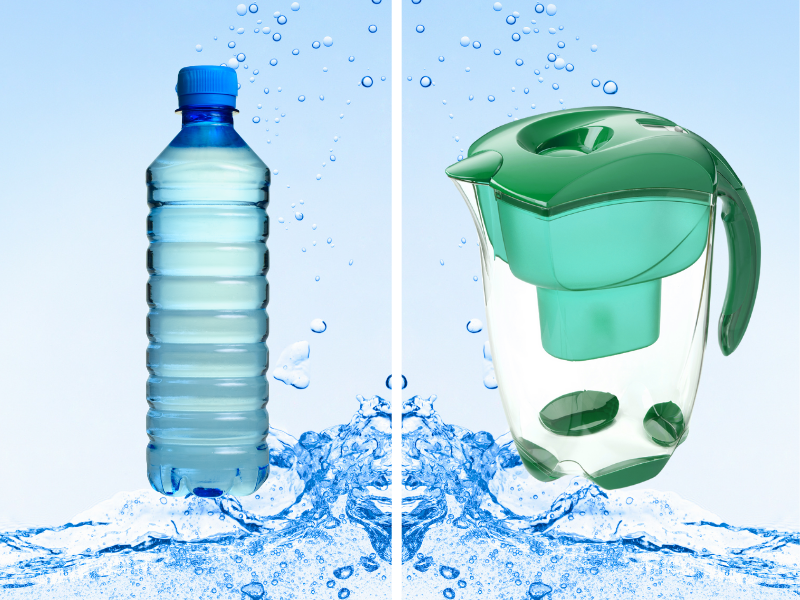
Water filter pitchers offer a convenient and cost-effective alternative to bottled water. While bottled water is often perceived as cleaner and safer, it can be expensive and environmentally harmful. Water pitcher filters provide a sustainable solution for improving tap water quality without the need for single-use plastic bottles.
The Future of Water Filtration
Advancements in water filtration technology continue to improve the effectiveness and convenience of water filter pitchers. Innovations such as smart filters, which monitor water quality and filter life, are becoming more common. These advancements promise to make water filtration even more accessible and efficient for consumers.
Summary
Water pitcher filters are a practical and affordable solution for improving the taste and quality of tap water by removing contaminants like chlorine, lead, and VOCs using activated carbon and other technologies. They are effective when used correctly and maintained properly, offering a significant enhancement in water safety and taste. While they may not address every type of water contamination, understanding the different types of filters and their capabilities helps in choosing one that meets specific needs. Regular maintenance and timely filter replacement are essential to ensure optimal performance and water quality, proving that water pitcher filters do work.
FAQ
How often should I replace my water filter?
Most water filters need to be replaced every 2-3 months. Check the manufacturer’s instructions for replacement guidelines for optimal performance and water quality.
Can water filters remove bacteria and viruses?
Most water filters don’t remove bacteria and viruses. They’re good at removing chlorine, lead, and VOCs. If you’re concerned about bacterial or viral contamination, consider additional filtration methods like reverse osmosis or UV purification.
Are water filters eco-friendly?
Most water filters don’t remove bacteria and viruses. They’re good at removing chlorine, lead, and VOCs. If you’re concerned about bacterial or viral contamination, consider additional filtration methods like reverse osmosis or UV purification.
